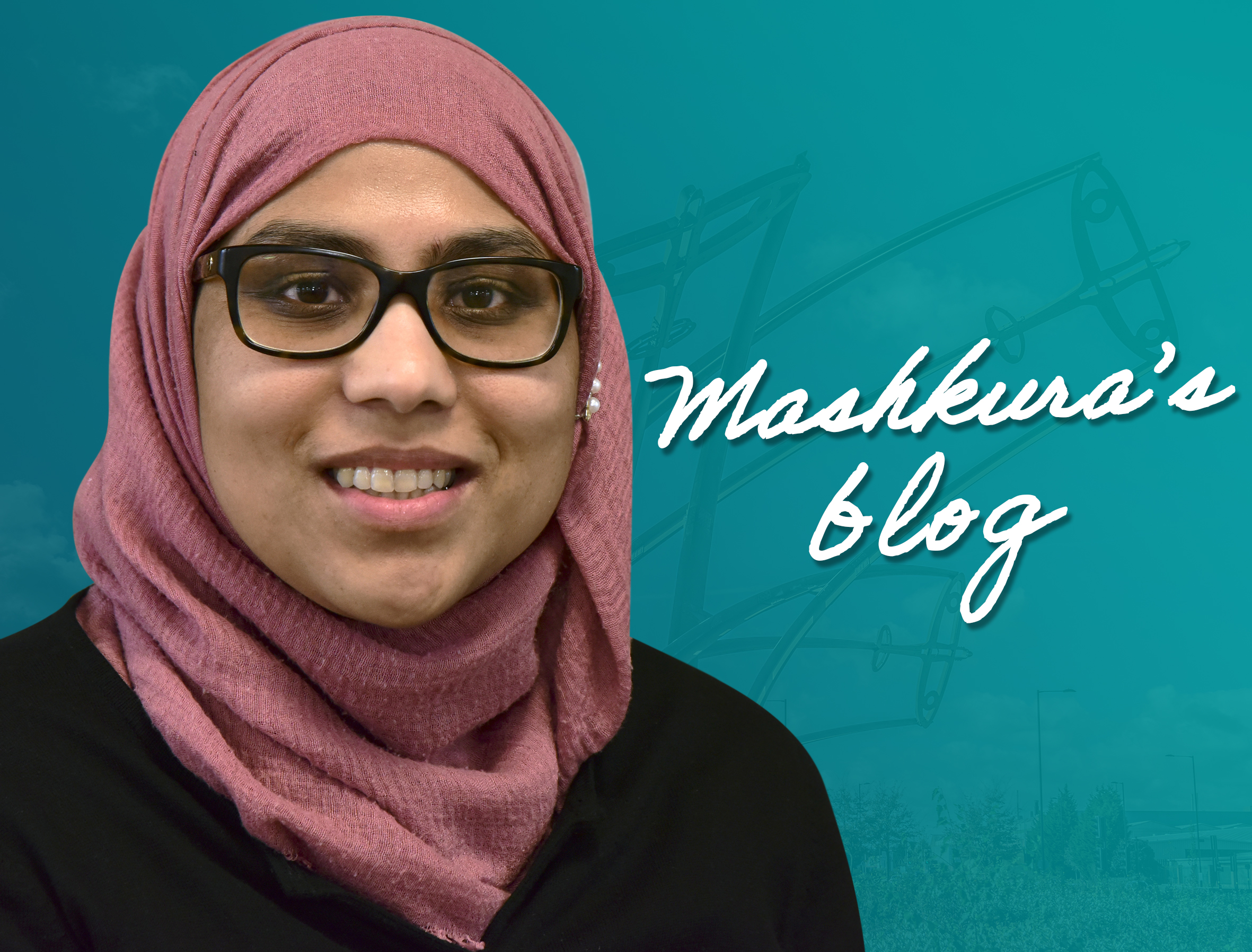Mashkura Begum, Community Development Officer, shares how a network of partner organisations is helping to feed vulnerable Castle Vale and Stockland Green residents, and is also planning to reduce the negative impact of COVID-19 in the future.
Working as half of a job share with my colleague Uzma – I cover partnerships for Castle Vale, while she is responsible for Stockland Green – we bring together a range of organisations to help improve the lives of residents.
Back in February, we were focusing on employment opportunities and our plans to help residents to upskill for jobs at Jaguar Land Rover and IM Properties. It was an exciting time.
As well as large employers, we work with key institutions from schools to churches and third sector (charity) organisations. No day is ever the same and I have a rewarding job.
With the onset of COVID-19, our priorities changed overnight, and the strength of our partnerships really came to the fore. The charitable subsidiary of The Pioneer Group, Compass Support, schools from early years to secondary, Stockland Green Methodist Church, the Highcroft Community Centre and many more organisations have come together to feed people who haven’t got the means to buy or access food during the crisis.
Just take our partnership with schools for example – it’s been amazing. We normally work with them to identify how we can support pupil welfare. During the lockdown, we are working with schools and nurseries to ensure that all vulnerable families have been identified, and that we are aware of any families where circumstances have changed and now need additional help. The families don’t have to be our tenants, we want to help anyone who needs it.
Of course, not all vulnerable residents have children, so we work with other community organisations, such as Spitfire Services and Ageing Better in Birmingham, to support their identified customers too. It really is a team effort.
I am in charge of ordering food through The Active Wellbeing Society then my colleague Becki and her volunteer team distribute it. We’re getting parcels out to 100 families a week and also leave a bulk delivery at Spitfire Services food bank.
In addition, I call 50 residents to check in with them every week. My call list is diverse, from those that are shielding because of age, to residents with no family close by. Our chat could be the one conversation they have during the week, which can break the feeling of isolation. As well as a chat, I would establish if they need any other help, from picking up medication to posting a card.
The coronavirus initially slowed our team down as we needed to establish new ways of working and dealt with changing priorities. But, we are getting back to business. For example, we had our first virtual partnership meeting on Zoom with 14 people from the local schools talking about where we go from here.
Indeed, the impact of crisis will be profound and issues around unemployment will be more important. We may be supporting more people than we envisaged, so will be looking for more resources and new large-scale employment opportunities. We already have a major summit planned for September to explore jobs in transportation, automotive and construction and will be working hard over the summer to make it a success… whether it’s virtual or in person.
The effects the lockdown on the community have been negative in terms of unemployment, schooling and general wellbeing, however, we’ve been blown away by the positive community spirit during the crisis. Our residents are really looking out for each other and having strong partnerships in place has meant that we can mobilise our resources very quickly. By sharing intelligence, our referrals process has been slick and ensures that no one falls through the net.
As lockdown eases people may assume that the crisis is over, but rather than picking up the same old routine we need to find new ways of delivering our support. We will, however, find some way to get back to normal.
